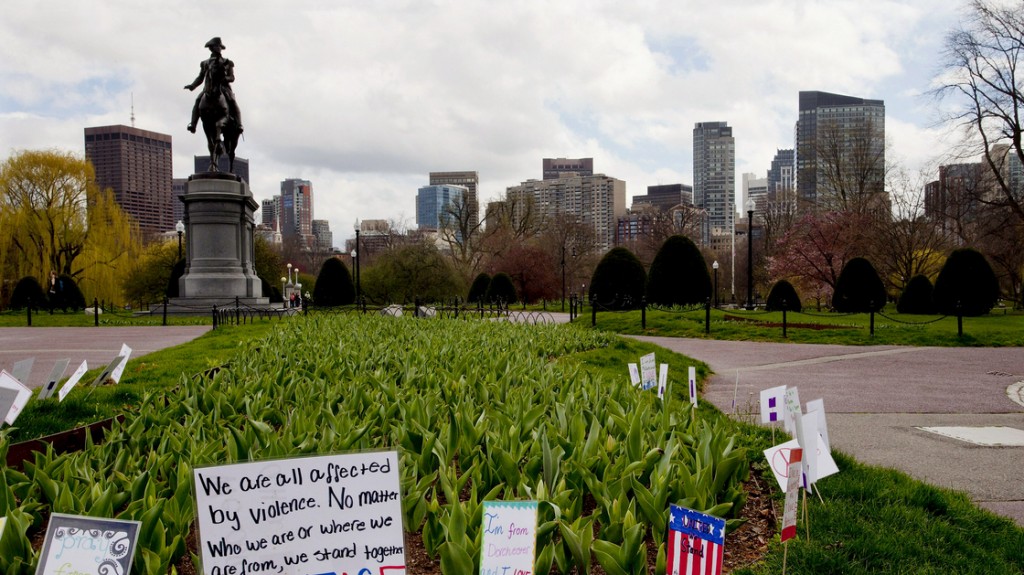“I owe my life to Amnesty International… Now I am dedicating that life to campaigning against the death penalty and raising awareness about human rights.”

Hafez Ibrahim holds a newspaper covering his release and pardon.
Earlier this month in Yemen, an emotional Hafez Ibrahim greeted Amnesty International researcher Lamri Chirouf, the man he credits with stopping his execution for a crime committed when he was a child.
Now aged 22, Hafez proudly described his determination to make the most of the life that was returned to him. He is in his third year at Sana’a University studying law, and plans to dedicate himself to protecting human rights. His story highlights the additional injustice and cruelty of the death penalty when it comes to juvenile offenders.
Hafez Ibrahim was 16 when he attended a wedding in his home town of Ta’izz. Everyone was in high spirits and most of the men were armed. At some point, the celebrations boiled over, a struggle broke out, a gun went off and someone was killed.
“The first judge sentenced me to death in 2005,” he told Amnesty International. “Then the case was referred to another judge, who confirmed the death sentence.” He was not allowed to appeal.
Two years later and half way across the world in Amnesty International’s headquarters in London, Lamri received a text on his mobile phone. It read: “They are about to execute us. Hafez”. Remarkably, Hafez had managed to get hold of a phone in Ta’izz Central Prison to send his desperate message.
Hafez knew what awaited him. He would be forced to lie face down on the ground inside the prison, and then guards would shoot him through the heart with an automatic rifle. The young man began the cruel countdown to death.
“We were devastated by this news and immediately sent appeals to the Yemeni President and authorities,” said Lamri. “We also mobilized our membership by issuing an Urgent Action on behalf of Hafez.”
The President responded by ordering a stay of execution to allow time to obtain a pardon from the family of the victim. When no pardon emerged, the execution was rescheduled for August 8, 2007.
Amnesty International again sent out appeals to the President, who ordered a further three-day stay of execution. The family of the victim then agreed to postpone the execution until after the holy month of Ramadan.
On October 30, 2007, after the victim’s family agreed to pardon him in exchange for diya (compensation) of 25 million Yemeni riyals (approximately US$126,000), Hafez was released.
“I was so happy,” he told Lamri in Sana’a earlier this month. “I cannot describe my feelings. Until now I feel like I am dreaming. I feel that it is impossible that I am still walking.”






